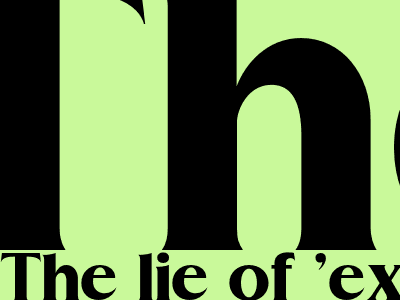
The Deceptive Nature of Food Expiration Dates
Unveiling the Hidden Truth Behind Food Labels
A Comprehensive Guide to Understanding Food Expiration Dates
In the realm of food consumption, the concept of expiration dates has become an integral part of our daily lives. These ubiquitous labels, etched onto every edible item, purport to dictate the ultimate fate of our food—deciding whether it's destined for our plates or the depths of the trash bin.
But the truth concealed beneath these enigmatic dates is far more intricate than we've been led to believe. In this comprehensive guide, we venture into the labyrinth of food expiration dates, unmasking their true nature and empowering consumers with the knowledge they need to navigate this complex landscape.
Delving into the Enigma of Food Expiration Dates
Food expiration dates, often cloaked in an aura of authority, are in essence a manufacturer's educated guesstimate of how long a food product will retain its peak quality under specific storage conditions.
These dates are not, as many mistakenly assume, an absolute measure of safety. Instead, they serve as guidelines, indicating the period within which the food is likely to retain its optimal flavor, texture, and nutritional value.
The Illusion of 'Expired' Food
Contrary to popular belief, the mere passage of an expiration date does not automatically render food unsafe for consumption. In fact, many foods remain perfectly edible well beyond their designated expiration date.
This is because food spoilage is a gradual process, influenced by a myriad of factors, including storage temperature, packaging integrity, and the inherent nature of the food itself.
Decoding the Language of Expiration Dates
To effectively decipher the language of expiration dates, it's crucial to understand the subtle nuances concealed within their wording.
- "Best Before" or "Best By": These terms indicate the date up to which the food is expected to retain its optimal quality.
- "Use-By" or "Sell-By": These dates are more definitive, indicating the last day on which the food should be sold or consumed.
- "Expiration Date" or "Expiry Date": These are the most stringent of all expiration dates, indicating the final day on which the food is considered safe to consume.
Safeguarding Your Health: Beyond Expiration Dates
While expiration dates can provide valuable guidance, they should never be the sole arbiter of food safety. It's essential to employ common sense and rely on your own sensory cues when evaluating the edibility of food.
If food exhibits signs of spoilage, such as an off-odor, unusual color, or visible mold, discard it without hesitation. Conversely, if food appears, smells, and tastes normal, it's likely safe to consume, even if the expiration date has passed.
Conclusion: Empowering Consumers with Food Knowledge
The concept of food expiration dates is multifaceted and often misunderstood. By delving into the intricacies of these enigmatic labels, consumers can break free from the arbitrary constraints they impose and make informed decisions about the food they consume.
Remember, expiration dates are not absolute indicators of safety but rather guidelines to help you make informed choices. By embracing a holistic approach, relying on your senses, and understanding the nuances of food spoilage, you can liberate yourself from the tyranny of 'expired' food and enjoy a wider array of nutritious and delicious options.